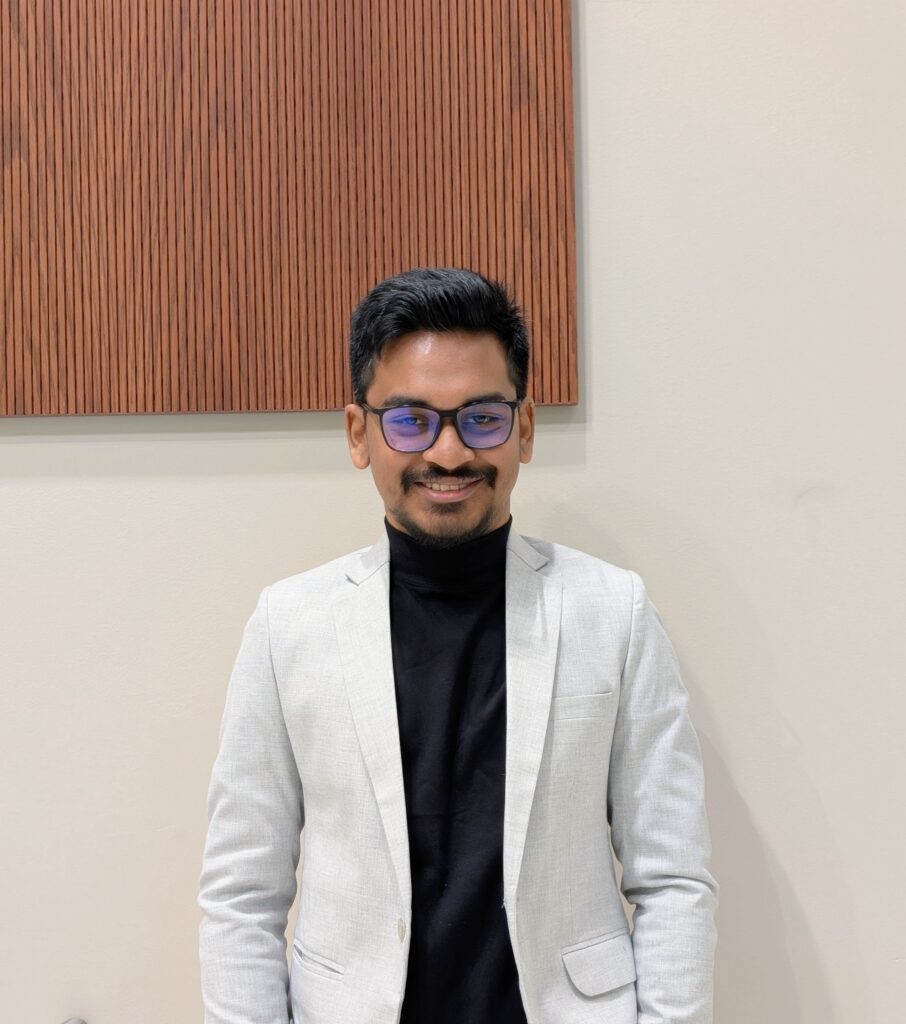TAWSIF SULTAN RAAZ
University of Delaware, MS Civil Engineering
Robert P. Stearns/SCS Scholar 2025

Investigating Spatiotemporal Variability of Methane Emissions from Different Landfill Covers and Impact on Whole Landfill Emissions Estimates
Landfills are one of the largest sources of methane (CH4), a greenhouse gas over 28 times more powerful than carbon dioxide (CO2) in driving climate change. In the US, they contribute nearly 16% of human-related methane emissions. Measuring these emissions accurately is essential, but current methods – such as satellite measurements, drones, or ground-based sampling – often capture data for only a few hours at a time. This short “snapshot” approach can miss daily (diurnal) patterns, leading to overestimates as high as 70%.
My project focuses on filling this gap by studying how landfill methane emissions change over the course of the day. Using a continuous monitoring method called eddy covariance (EC) systems, I collect high-frequency methane data from US MSW landfills with different soil covers and gas collection systems. This allows me to see how factors like different soil covers (daily, intermediate, and final), the presence of gas collection systems, and weather conditions such as wind or pressure influence emissions.
By identifying when and where methane emissions are highest, and showing how short-term methods can bias results, this work demonstrates the need for continuous, time-resolved monitoring to improve emission estimates. Ultimately, these findings will support better landfill management practices and help reduce climate impacts.
Biography
Tawsif is a master’s candidate in Civil Engineering at the University of Delaware (UD) specializing in Environmental Engineering. He earned his bachelor’s degree in in Civil Engineering from Bangladesh University of Engineering and Technology (BUET) in 2022. His undergraduate research focused on assessing the energy potential of sludge-coal mixtures to enhance energy recovery in waste treatment plants. Following graduation, he served as a lecturer at Stamford University Bangladesh for over a year before beginning his master’s studies at UD in June 2024. His current research investigates temporal and spatial variability in landfill methane emissions using high-frequency eddy covariance (EC) data from US municipal solid wase (MSW) landfills. By addressing biases in existing methane measurement techniques, his work seeks to correct and improve landfill methane inventories and inform effective climate mitigation strategies. In recognition of his academic excellence and research contributions in waste management, Tawsif was awarded the Hagerty Environmental Graduate Award (2025) by the College of Engineering at UD. He is passionate about developing data-driven solutions that support sustainable waste management practices and global methane reduction efforts.
